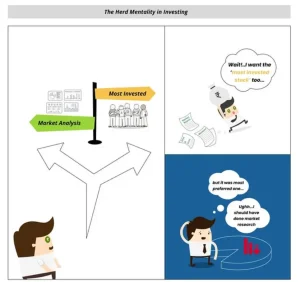What you need to know:
• You can now buy health insurance in India regardless of your age. This removes the earlier limit of 65 years.
• This change by IRDAI aims to make health insurance more inclusive and ensures everyone is financially protected against medical costs.
What does this mean for you?
• More people can get health insurance: Everyone, including senior citizens, children and families, can now get health coverage.
• Pre-existing conditions are covered: Insurance companies cannot reject your application due to pre-existing health issues.
• Flexible payment options: You can pay your premiums in installments to manage your finances better.
• Wider coverage: Traditional treatments like Ayurveda and Yoga are now covered by insurance, with no limit on the amount.
• Multiple claims: If your policy covers hospitalization benefits, you can claim from different insurers for the same illness.
• Faster claim servicing: Senior citizens will have a dedicated channel for addressing their grievances and claims.
Word of caution:
• Waiting periods: Be aware of the waiting period for claiming benefits related to pre-existing conditions.
• Policy details: Carefully review the policy documents to understand coverage details, exclusions, room rent caps, co-payment clauses and sub-limits on specific treatments. Clarify any doubts with the insurer before buying.
Additional benefits:
• Insurance companies can offer premium payment in installments.
• Travel health insurance can now be offered by both general and health insurers.
Overall, this is a positive step towards making health insurance more accessible and beneficial for everyone in India!
Stay informed, Stay tuned! Every Friday hashtag#financialfridays11
Read more- Technology Is Becoming The Focus Of Wealth Management




